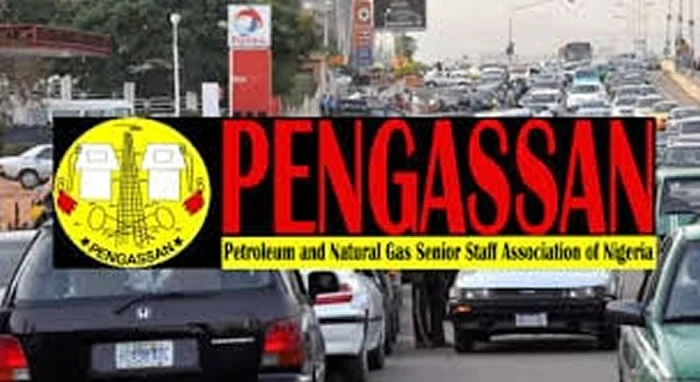In a recent development, the Organized Labour has decided to suspend the proposed indefinite strike that was planned in response to the removal of petrol subsidies and disagreements with the government over palliatives to cushion the effects of this policy. This decision has generated mixed reactions from Nigerians, with some accusing the labor movement of compromising its principles in favor of the Tinubu administration.
In an exclusive interview, Comrade Joe Ajaero, the President of the Nigeria Labour Congress (NLC), addresses the criticisms and sheds light on the negotiations that led to the suspension of the strike. He emphasizes that the negotiations aimed to reach an enforceable and implementable agreement, which they achieved by securing approximately 90% of their demands. Ajaero provides insight into some of their key demands, such as the pursuit of Compressed Natural Gas (CNG) as an alternative to petrol, the commitment to revitalize refineries, and wage adjustments. Notably, they successfully increased the proposed minimum wage from N25,000 to N35,000.
Ajaero highlights that some unresolved issues, including interference with the National Union of Road Transport Workers and concerns regarding tertiary institution workers, remain on the negotiation table. He underscores the significance of suspending the strike for 30 days to allow for monitoring and evaluation of the progress.
Regarding the criticism that labor leadership sold out, Ajaero dismisses it, asserting that the critics lack understanding of labor issues and the negotiation process. He reiterates that negotiations aim to reach an agreement, and once that is achieved, there is no need to continue the strike.
Ajaero also addresses questions about how the new arrangement will benefit states, local governments, and the private sector. He explains that these entities have historically determined their wages through decentralized negotiations and clarifies that the new framework will not change this approach. Many states and private sector organizations already pay wages higher than the minimum wage, indicating that they have the flexibility to adapt to new agreements.
Regarding the palliative committee headed by the Kebbi State governor, Ajaero suggests directing inquiries to the Governors Forum, as there was no direct interaction between the committee, the government, and labor. He notes that discussions about palliatives were more closely related to the Ministry of Humanitarian and Poverty Alleviation.
Ajaero then shifts the discussion to the new national minimum wage, clarifying that the current minimum wage will expire in April 2024. He acknowledges the need to begin negotiations early, as it is a time-consuming process involving multiple stakeholders.
In response to questions about pensioners’ inclusion in labor negotiations, Ajaero highlights that pension negotiations are distinct from wage negotiations. He mentions that pensioners in specific income brackets were considered during the negotiation process. He emphasizes that labor does not typically negotiate pension-related matters but encourages pensioners to engage with relevant government agencies.
Finally, Ajaero responds to economists’ concerns about the sustainability of wage increases in the face of economic challenges, dismissing their arguments as flawed. He argues that a fair and sustainable wage is crucial for maintaining purchasing power in the economy and refutes the notion that economists advocating against wage increases understand the real-world economic context. He urges economists to consider the importance of workers’ well-being and purchasing power in economic growth.





